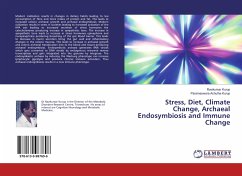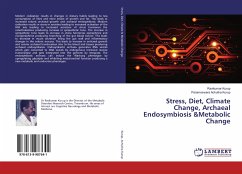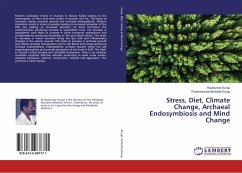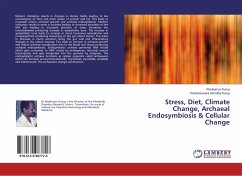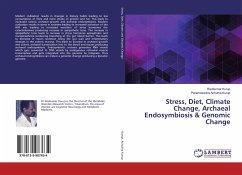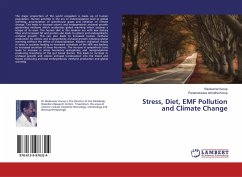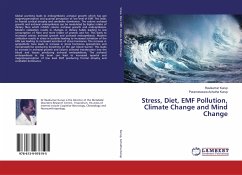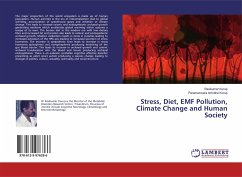Modern civilization results in changes in dietary habits leading to less consumption of fibre and more intake of protein and fat. This leads to increased colonic archaeal growth and archaeal endosymbiosis. Modern civilization results in stress in societies leading to increased activation of the HPA axis leading to increased secretion of stress hormones the catecholamines producing increase in sympathetic tone. The increase in sympathetic tone leads to increase in stress hormones epinephrine and norepinephrine producing breeching of the gut blood barrier. This leads to decrease in mucin secretion lining the gut wall and inflammatory changes in the colonic mucosa. This leads to increase in archaeal growth and colonic archaeal translocation into to the blood and tissues producing archaeal endosymbiosis. Endosymbiotic archaea generates RNA viroids which gets converted to DNA viroids by endogenous retroviral reverse transcriptase and gets integrated into the genome by integrase. The endosymbiotic archaea by inducing the Warburg phenotype can increase lymphocytic glycolysis and produce chronic immune activation. Thus archaeal endosymbiosis results in a new immune phenotype.

